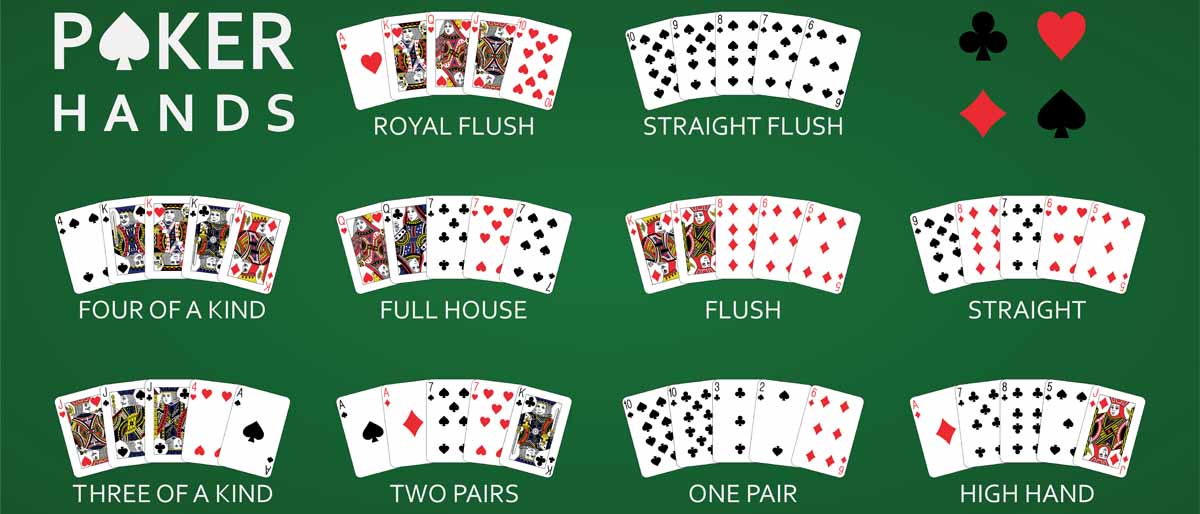
Poker is a card game that requires both luck and skill. It can be played for a few pennies or matchsticks or for thousands of dollars at professional tournaments. It can be enjoyed in a variety of different formats, including games with fewer cards or more players.
The rules of most versions of poker are similar, although the exact details can vary. The most common is Texas Hold’Em, where each player is dealt two cards face down and must decide whether to fold or bet before the flop. A betting round is then conducted, with the player who has the best poker hand winning the pot.
A good way to improve your poker skills is to study other players’ actions and rehearse your own. For example, if you notice that a player frequently calls but then makes a big raise, this is a tell that they have an excellent hand.
Another thing to remember is that poker is a game of patience and timing. It isn’t the easiest game to win, but if you can master it and stay patient, you will be a much better poker player in the long run.
It is also important to note that poker can be a mentally taxing game, so you should only play when you are feeling up for it. If you find yourself becoming frustrated or angry, it is a good idea to quit the table for the night. This will help you save some money, and it will also allow you to have a better overall experience playing the game.
Some studies have shown that poker can also improve your mental abilities. Some of the most notable benefits include a higher level of logical thinking and mental arithmetic, as well as increased levels of patience.
The odds of a card being available are usually worked out before you actually see it, so this ability is particularly helpful when you’re dealing with complex decisions in the poker table. It’s also a great skill to have when you’re dealing with numbers in your own life, as it can help you to quickly work out the probability of a certain outcome.
You’ll also be able to make smarter decisions in the poker game, as you can calculate your own odds and the odds of other players’ hands. This is useful when you’re making strategic decisions, such as which hand to call or raise with and how much to bet when you do.
If you’re a new player, it is best to learn the basics of the game first before you start to hone your skill set. This will help you avoid making mistakes that could cost you a lot of money.
Once you’ve mastered the basics, it’s time to start learning how to read your opponents. You can do this by watching their behavior and reading their signals, such as hand gestures, eye movements and betting patterns.
If you’re a beginner, you can start by playing free poker games to get a feel for the game before you play for real money. You can find a range of free games on many online poker sites. These will allow you to practice your poker skills while having a bit of fun. It is also a good idea to sign up for a few paid tournaments to get some more experience and develop your skills further.